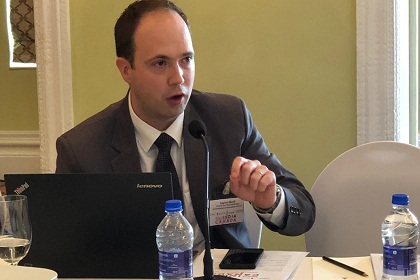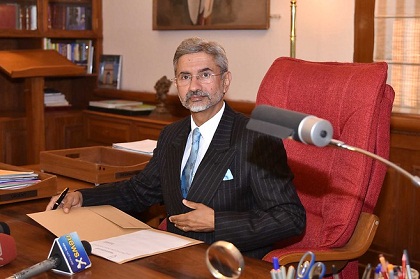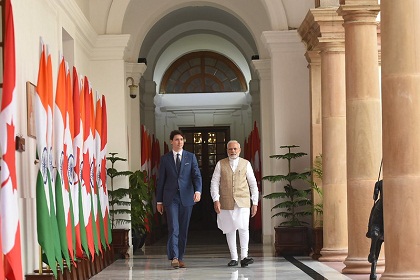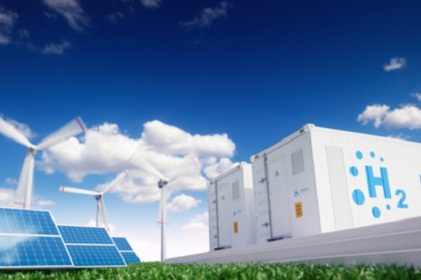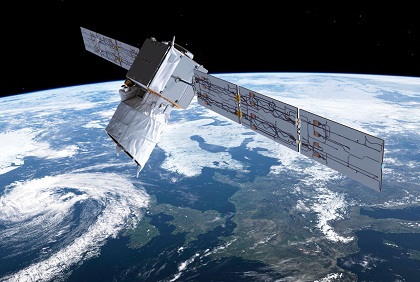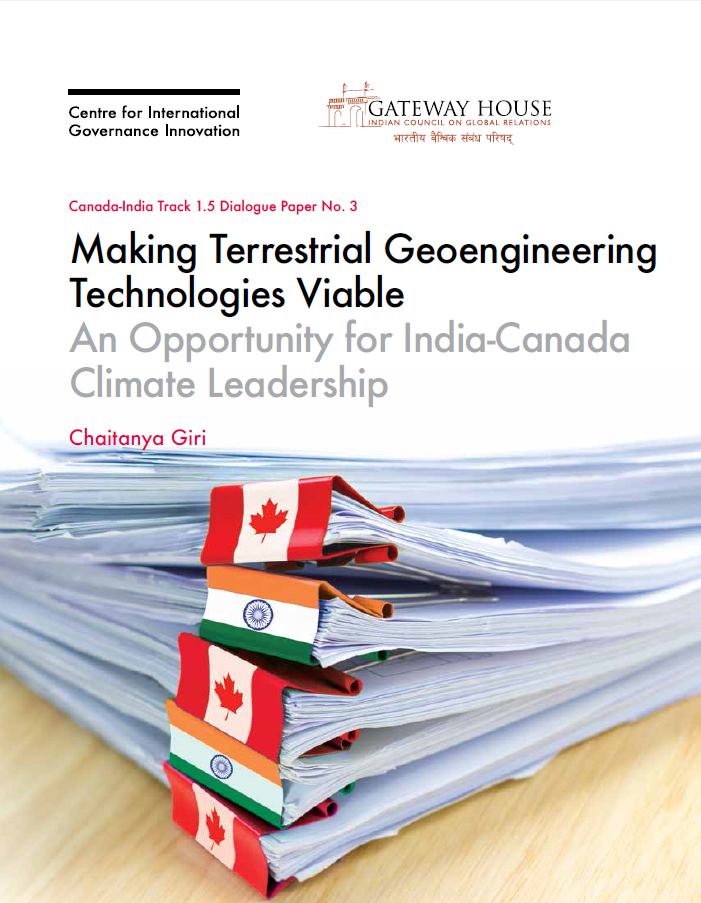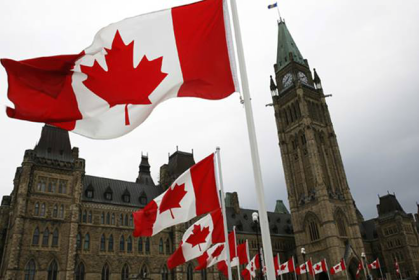Readiness for cyber warfare
India and Canada can collaborate in the realm of cybersecurity by devising a common set of rules for governing cyber space. Aaron Shull, Managing Director and General Counsel, Centre for International Governance Innovation (CIGI), spoke to Gateway House on the sidelines of the India-Canada Track 1.5 Dialogue


